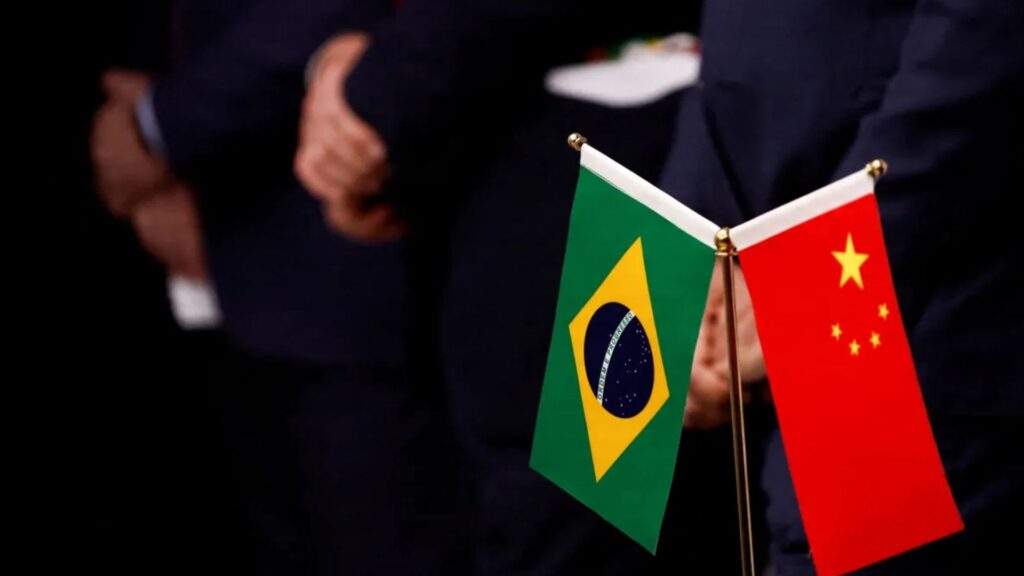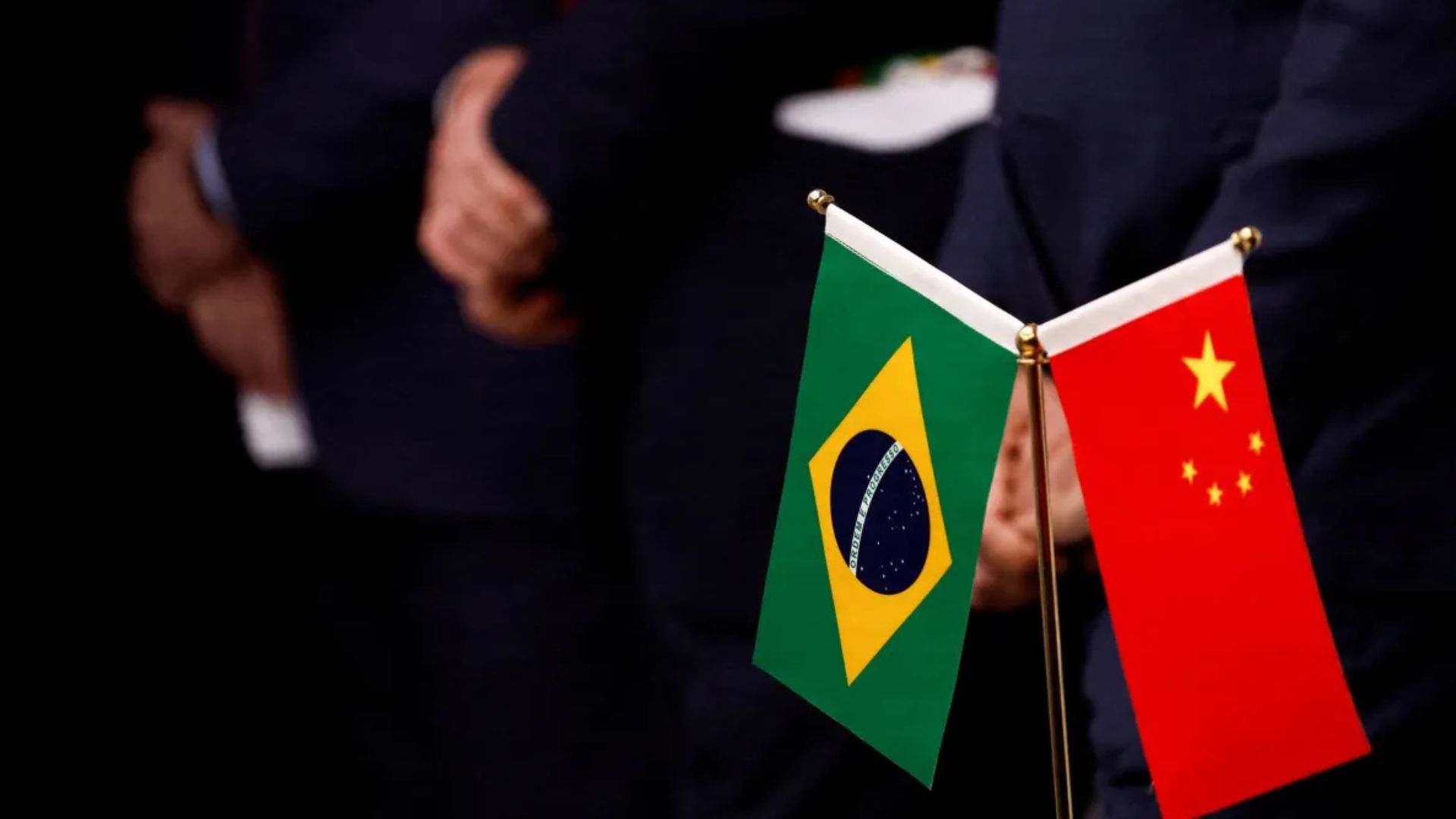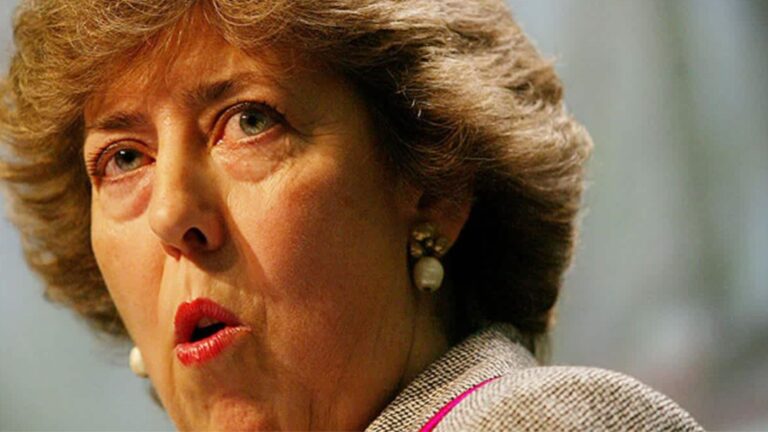
Brazil and China deepened their financial partnership at the 2nd Brazil-China Financial Cooperation Forum, held September 16–17 in São Paulo. Organized by Brazil’s Ministry of Finance, the forum brought together senior officials, development banks, and regulators from both countries to explore mechanisms for conducting bilateral transactions in local currencies. The Brazilian delegation was led by Ambassador Tatiana Rosito, Secretary for International Affairs at the Ministry of Finance, and the Chinese delegation was headed by Vice Minister of Finance Liao Min (Agência Brasil).
Structuring Local-Currency Transactions
A central theme of the forum was reducing reliance on the U.S. dollar by facilitating trade and investment in Brazilian reals (BRL) and Chinese yuan (CNY). Ambassador Rosito emphasized that workstreams will “deepen mutual knowledge of our markets, explore their potential, expand financial connectivity, and mobilize private resources for sustainable financing.” By enabling direct currency settlements, participants aim to lower transaction costs, mitigate foreign-exchange risks, and expand cross-border lending and capital-market activities (CNN Brasil).
Brazil China Business Council President Luiz Augusto de Castro Neves noted that progress in local-currency mechanisms represents “the new frontier in Brazil-China relations.” He described how pilot agreements with commercial banks could pave the way for real-yuan clearing arrangements and direct bond issuances in each other’s markets. Over time, these initiatives are expected to support trade in commodities and manufacturing goods without the intermediary of dollar funding, strengthening financial resilience on both sides.
Technical Agenda and Emerging Partnerships
The forum’s detailed agenda featured discussions on banking-sector interoperability, fintech innovation, credit and capital-market access, insurance and reinsurance frameworks, and green finance instruments. Brazilian participants included representatives from the Ministry of Foreign Affairs, the Civil House, the Ministry of Agriculture, BNDES, CVM and SUSEP. The Chinese side comprised officials from the Ministry of Foreign Affairs, the National Financial Regulatory Administration, the China Securities Regulatory Commission, the China Development Bank, and the Export-Import Bank of China.
In tandem, the 11th Meeting of the Brazil-China Economic-Financial Subcommittee—part of the China-Brazil High-Level Commission for Coordination and Cooperation (Cosban)—convened on September 17 to review ongoing projects and identify potential memoranda of understanding. While no immediate agreements were signed, both sides signaled openness to formalizing frameworks for bilateral bond issuance, syndicated lending in reals and yuan, and the co-development of digital-currency pilot programs (Gov.br).
Strategic Context and Outlook
The forum builds on a R$157 billion currency-swap agreement signed in May between Brazil’s Central Bank and China’s People’s Bank, which established direct real-yuan liquidity lines to cushion exchange-rate volatility and support trade finance. That swap arrangement has already facilitated hundreds of millions of dollars in local-currency transactions, demonstrating the durability of BRL-CNY linkages.
Brazil’s position as the top emerging-market recipient of Chinese investment in 2024 underscores the economic interdependence driving these initiatives. Against a backdrop of geopolitical uncertainty and shifting dollar hegemony, Brazil and China view enhanced local-currency mechanisms as pillars of a more integrated financial architecture. By advancing technical collaboration and private-sector engagement, the 2nd Financial Cooperation Forum paves the way for a sustainable, multi-currency framework that could serve as a model for South-South economic integration in the decades ahead.












Thanks for sharing. I read many of your blog posts, cool, your blog is very good.